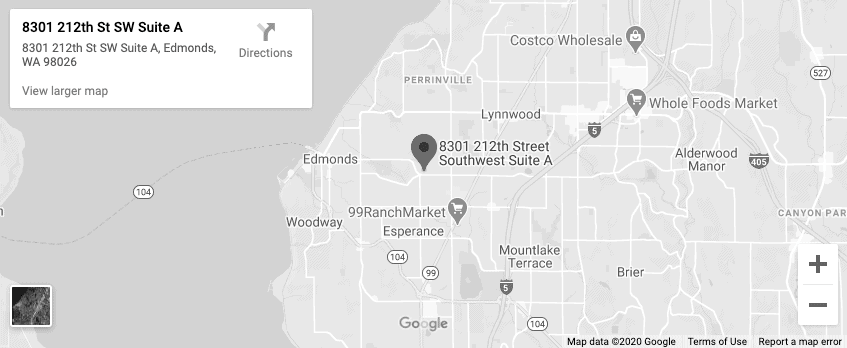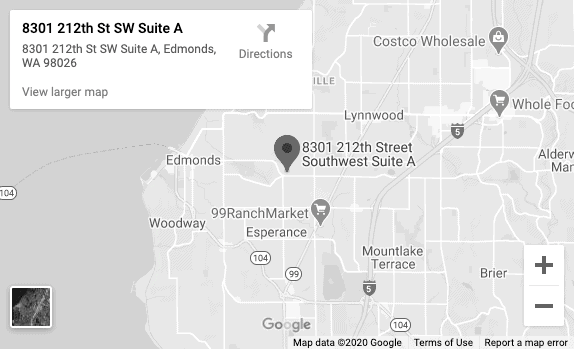When a person buys a car insurance policy there are limits to how much the insurance company will pay for the damage the person causes. That is the “policy limit” on the case. In Washington, the law requires policies have at least $25,000 in coverage per victim or $50,000 in coverage per incident and $10,000 for property damage. We call this a 25/50/10 policy. This means that if you were hurt by someone with minimum 25/50/10 limits, the most the insurance company is ever obligated to pay you is $25,000. If there are multiple victims in one crash, the most the insurance company might have to pay is $50,000 for the entire group even if that means each is left with less than $25,000. Finally, the $10,000 relates to the total property damage paid for all vehicles involved and any property i.e. telephone poles, yard damage, etc. Many people have higher policy limits because they have assets they want to protect from a lawsuit and judgment.



